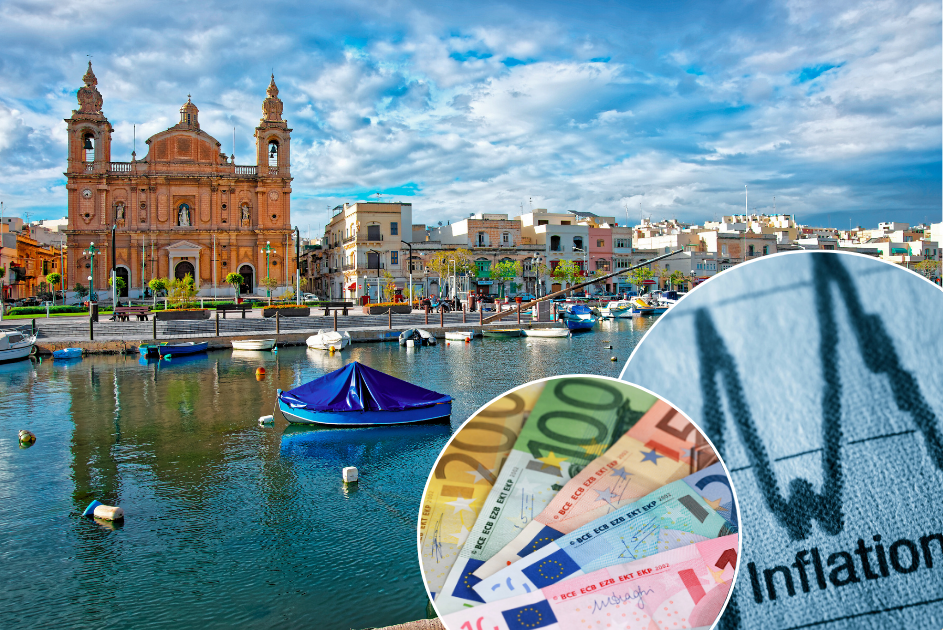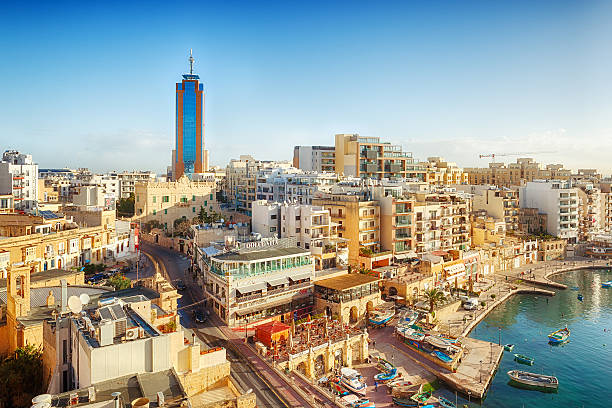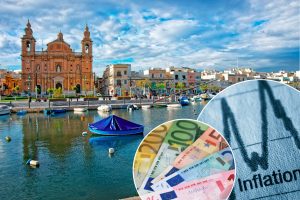The service industry in Malta has taken quite a few punches over the few years. The sudden appearance of the Covid-19 pandemic has created an economic atmosphere that has made it impossible for businesses to thrive or even get to their full potential. The current state of war in Ukraine has also been quite the blow for Malta’s economy, as for the rest of the world. So potential business owners are turning to the banking industry for help.
Amidst all of the mess, Malta has found itself in an unusual and fragile situation concerning the status of its banking and financial industries. Going far back as 2018, several banks, headed by Pilatus bank, were marked by “S&P Global Ratings” as entities with potential money laundering operations. This led to a great hit in both the rating and credibility of the banking sector in Malta, which is globally recognized as the Maltese economy’s bread and butter.
In order to fix This black mark in the Maltese banking sector, Malta’s authorities have decided to go on a war against money laundering. A war which they were not well prepared for. The many measures that were taken have resulted in a spike in the amount of bureaucracy that potential small business owners face when attempting to start a business. This means that Malta’s attempts to help the “little guy” while fighting corruption have essentially backfired and caused a large amount of damage to accounts of small business owners, while leaving the rich unaffected.
The disgruntled, desperate business owners have turned to various solutions to keep their livelihood, well, alive. In quite the ironic turn of events, a solution that has been common for Maltese residents was to try an open a bank account abroad. This, of course, is far from ideal. Many business owners have figured that managing their finances in distant, unapproachable locations is not a long-term option.
This has also created a troubling situation for the banks themselves. The new reality in Malta is now based around aggressive scrutiny and not freedom of investment has twisted the hands of the heads of the banking sector to make fundamental changes.
That is a welcomed change. Malta’s Banks should be able to do their due diligence before conducting business with potential investors. Unfortunately, years of practice in looking the other way have taken their toll on the banking sector.
Now, Malta’s banks are in the midst of a storm, a storm that is by any measure-their own creation. In their efforts to build infrastructure that would be of service to both the banks and their potential clients, you would think there would be proper coordination between the banks and representatives of viable businesses. The reality, of course, is different.
Countless clients of these banks have testified that the responsibility for some of the heavier side of the regulatory and bureaucratic work is being unloaded on them by the banks. This creates unmeasurable frustration, which is the main reason for international, serious investors staying out of Malta. The way they see it, there is no point in investing in a country where several banks are still frozen, and the ones that aren’t are entirely dysfunctional.
It’s fair to say- the future for small Maltese business owners doesn’t look very bright.
The solution for it, or at least the first stage, is simple. The only way to make sure that Malta won’t “pull the plug” on dying small businesses of Malta is by removing Malta from the grey-list. Keeping frozen accounts doesn’t do service to Malta’s reputation as a country that is lucrative for international investors, who are often a nig chunk of our economy. Closing banks that are linked to corruption is more than a financial move, it is a statement. And it is one that is long overdue.















